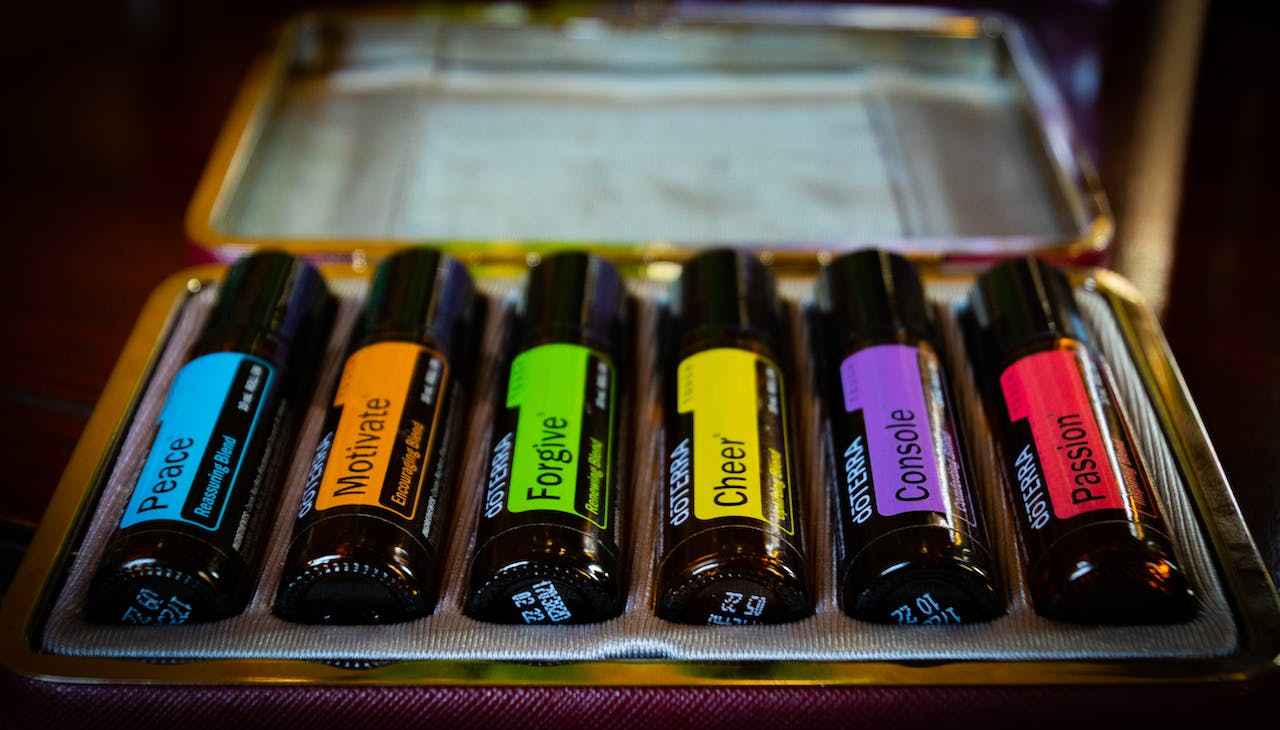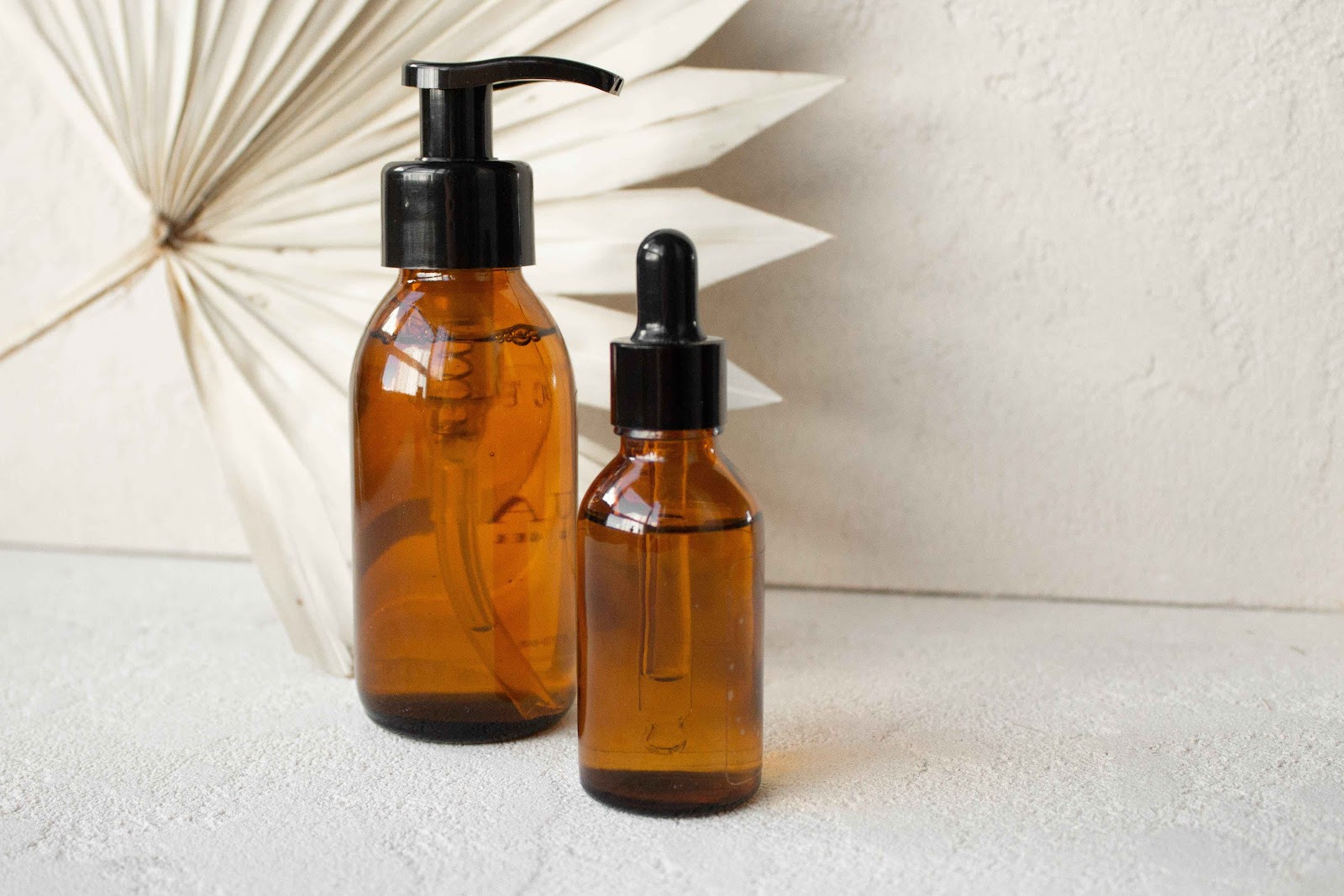Some say essential oils cure everything. While there is yet insufficient study findings to back this claim, one thing is sure – essential oils have tremendous benefits.
However, since they are derivatives of plant essence and are naturally concentrated, care should be taken in their use. Proper usage is vital if you want to enjoy the benefits of these oils. Let’s now consider how to use essential oils to achieve the best results.
5 Ways to Use Essential Oils

- Dilute
- Be consistent
- Drink responsibly
- Match properly
- Know when to rub and when to breathe in
1. Dilute
This is very vital for most essential oils which have to be diluted before they are applied directly to the skin. Only a very few, such as lavender oil may not cause adverse effects when applied directly and undiluted. And for this to happen, it has to be in tiny quantities, on small areas of skin.
Dilution can be done with water or a carrier oil (nut or vegetable oil). Carrier oils include apricot, avocado, castor, grapeseed, jojoba, and sweet almond oils, to mention some. When done with water, ensure to mix the diluted oil with a thorough shake.

Essential oils should not make up more than 5% concentration of the dilution and a 0.25% for toddlers. For a small portion of the body, a 3% concentration of 3 drops to 1 tablespoon of carrier is generally the way to go. Whereas, 1% concentration would suffice for large areas, with 1 essential oil drop to 1 tablespoon of a carrier.
As your scalp is also skin, you still need to dilute your essential oils in a carrier (or a mixture of several carrier oils) before applying on your scalp for scalp massages.
2. Be consistent
If you’re aiming for results, whether in your hair, skin or general wellness, then consistency is important. Topical application of essential oil masks (with a gel, humectant or other carrier) can be done on the face, can be done daily for a few minutes followed by a wash. Scalp massages can also be done daily over the course of weeks for substantial results.
Either facial masking or scalp massaging can be done less frequently, a few times a week, depending on the desired result. In any case, the procedure should be done consistently for up to several weeks to achieve results.
3. Drink responsibly
True, they’re not alcohol. Yet, it is important to be mindful of what quantity of essential oils you take in and how. The policies applicable where you stay are also important to consider. For example, although not subject to regulation by the U.S. Food and Drug Administration (FDA), the US does recommend that essential oils be ingested under a licensed healthcare provider’s supervision.
4. Match properly
Not all essential oils mix well with each other or other products. Some essential oil combinations are not safe for inhaling or surface applications or both.
As examples, oils that have high menthol content such as wintergreen or peppermint should not be added to citrus oils like grapefruit, bergamot or lemon. These combinations result in harsh oils that can cause irritation.
Also, peppermint and rosemary are not advisable to be taken by pregnant women. So, before matching oils, ensure to do proper research.
5. Know when to rub and when to breathe in

Depending on the desired result, sometimes it’s best to inhale and other times, topical application works best. Besides, some essential oils have high concentrations and properties that make them irritable to the skin but great for inhalation or dilution.
So, know which method of application would be effective for the purpose and type of oil. If you’re unsure, consult with a professional aromatherapist. As a general rule, however, either inhalation or topical application work for improving moods while wound care, spot treatments and hair regimens involve topical application.
Bottom Line
When it comes to using essential oils, if you don’t use it right, it’s going to cause more harm than good. But following the tips discussed above, as well as doing proper research before you purchase and use them would ensure you’re getting the maximum benefit from your oils.
